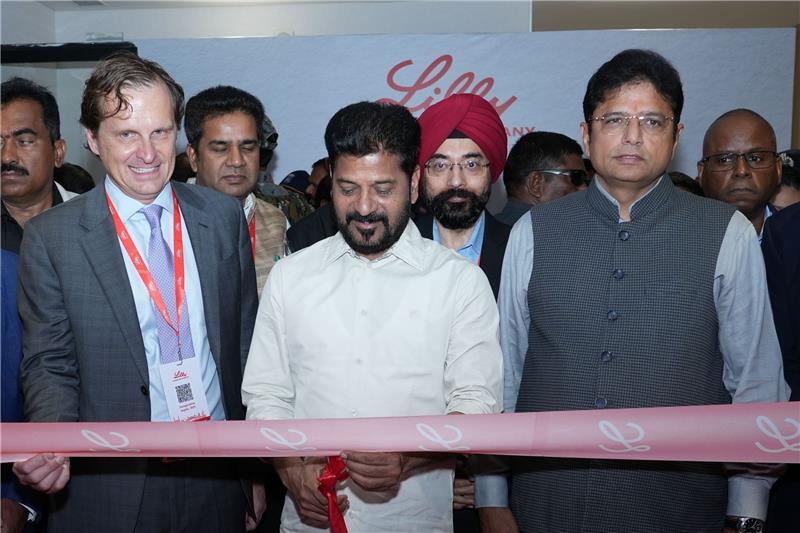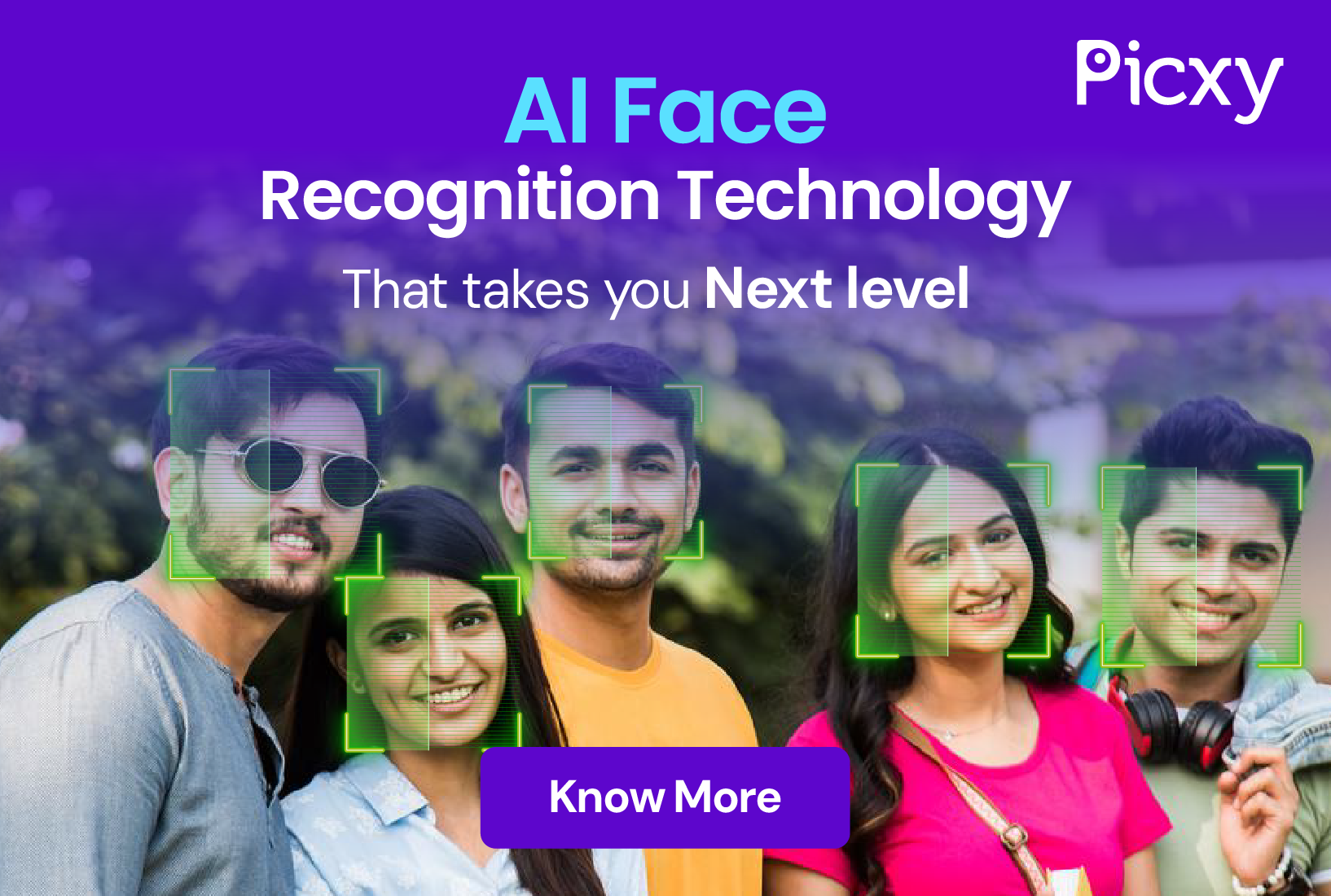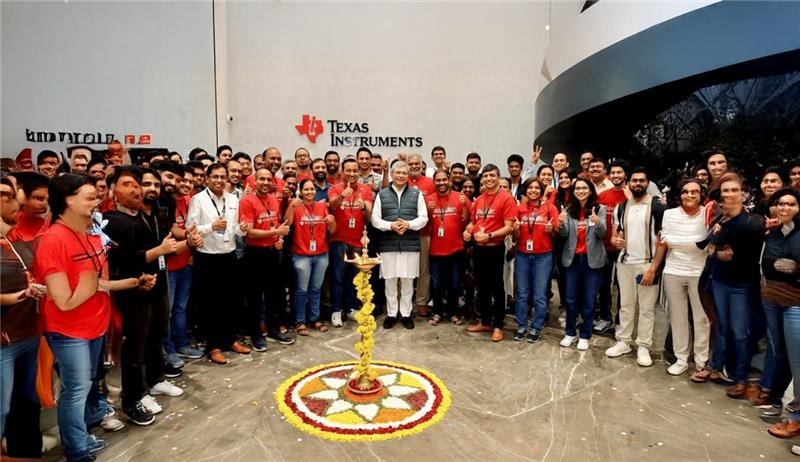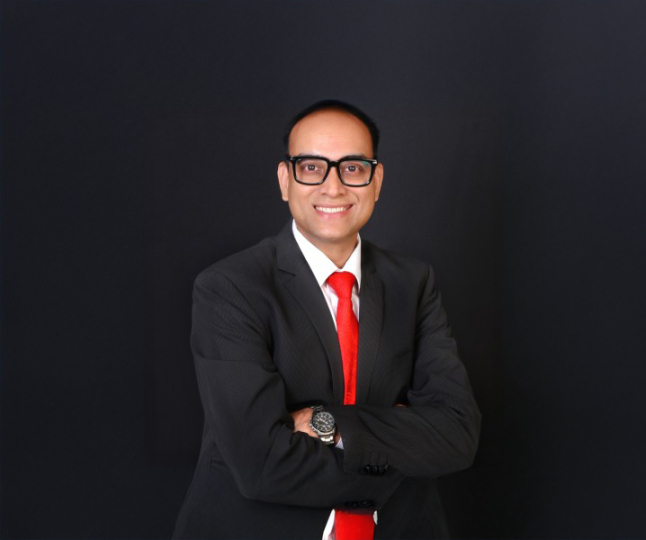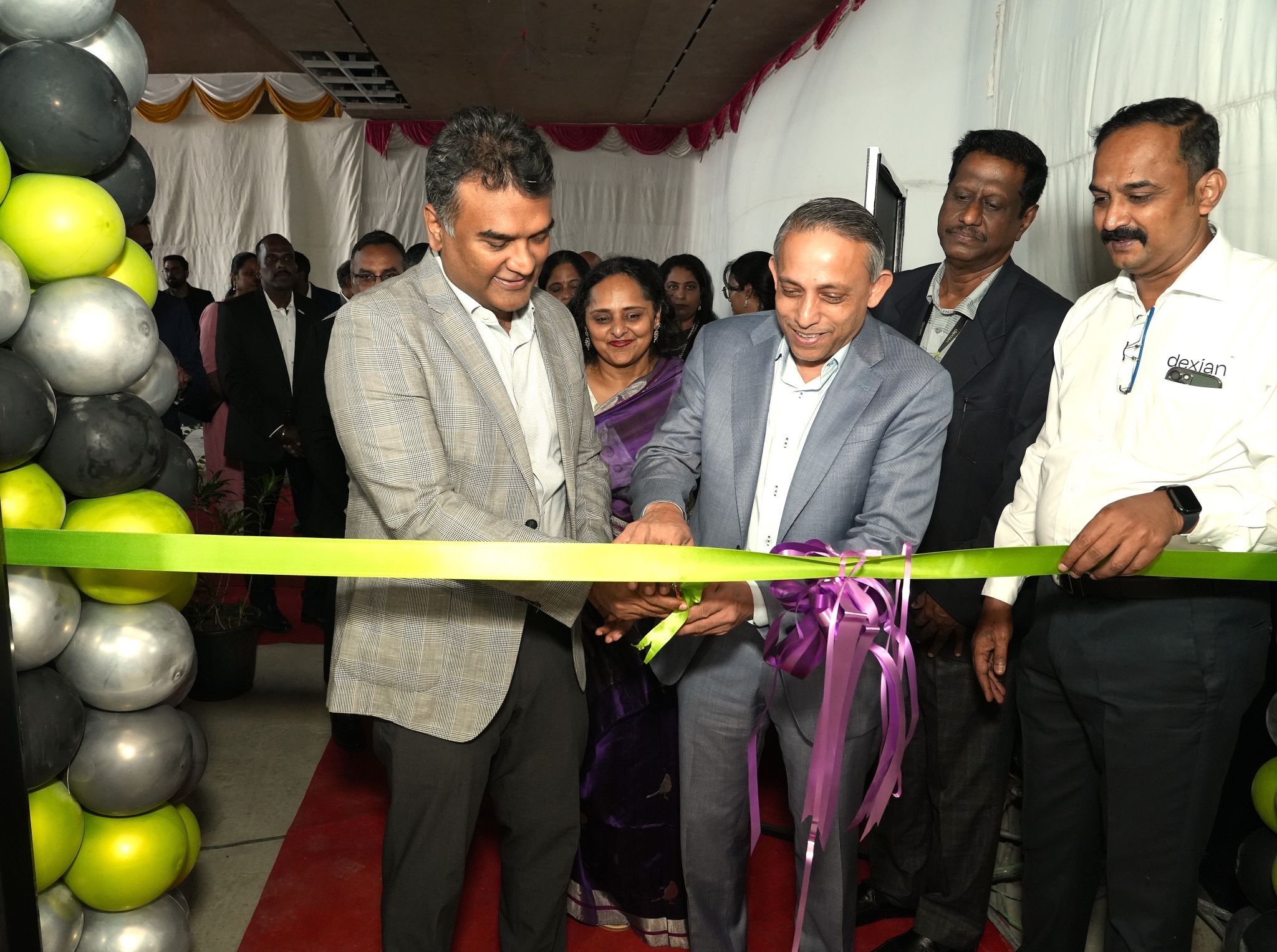Global pharmaceutical giant Eli Lilly and Company (India) has inaugurated its state-of-the-art Technology and Innovation Center in Hyderabad’s Hitech City, reinforcing the city’s growing reputation as a global life sciences and tech hub. The 2.2 lakh sq. ft. facility currently houses 100–120 employees and aims to expand its workforce to 1,500 employees by 2026–27.
The new Global Capability Center (GCC) will serve as a strategic digital nerve center connecting Lilly’s global facilities and driving innovation across its operations. It is set to play a pivotal role in leveraging cutting-edge technologies such as Artificial Intelligence (AI), automation, cloud computing, and software product engineering to tackle pressing global health challenges.
“This is not a traditional IT support hub; it’s a center of innovation that will build the digital foundation accelerating the discovery and delivery of new medicines,” said Diogo Rau, Executive Vice President and Chief Information and Digital Officer, Eli Lilly and Co. “Hyderabad offers an ideal mix of deep technical expertise and collaborative spirit.”
Telangana's Leadership in GCC and Life Sciences
At the inauguration, Telangana Chief Minister Revanth Reddy emphasized that Lilly’s investment reflects Hyderabad’s evolution into a global life sciences capital, currently home to nearly 2,000 pharma and life sciences companies and accounting for 40% of India’s pharmaceutical production. He also reiterated Telangana’s aim to contribute 10% to India’s projected $30 trillion economy by 2047.
Industries Minister D Sridhar Babu added that the state added 70 new GCCs in 2024–25 and is targeting 100 new GCCs in 2025–26. He highlighted the development of Genome Valley and medtech parks, contributing over 1.1 crore sq. ft. of R&D and manufacturing infrastructure.
With investments of ₹3.2 lakh crore mobilized in the last 19 months, Telangana continues to outpace states like Gujarat and Tamil Nadu in industrial growth. The government is also focused on digitally enabling patient records for over 40 million citizens as part of its digital health mission.
